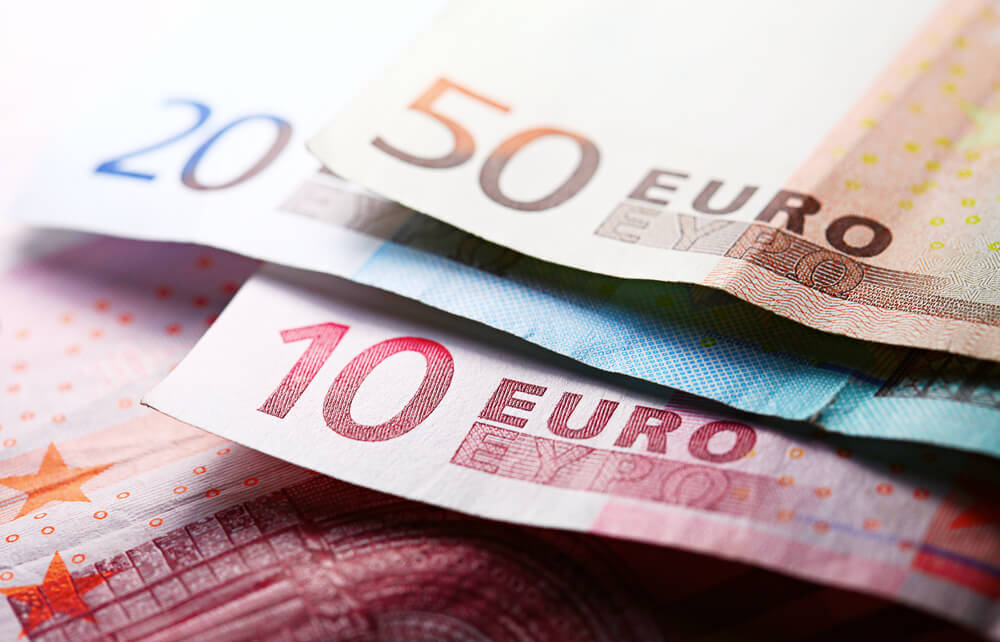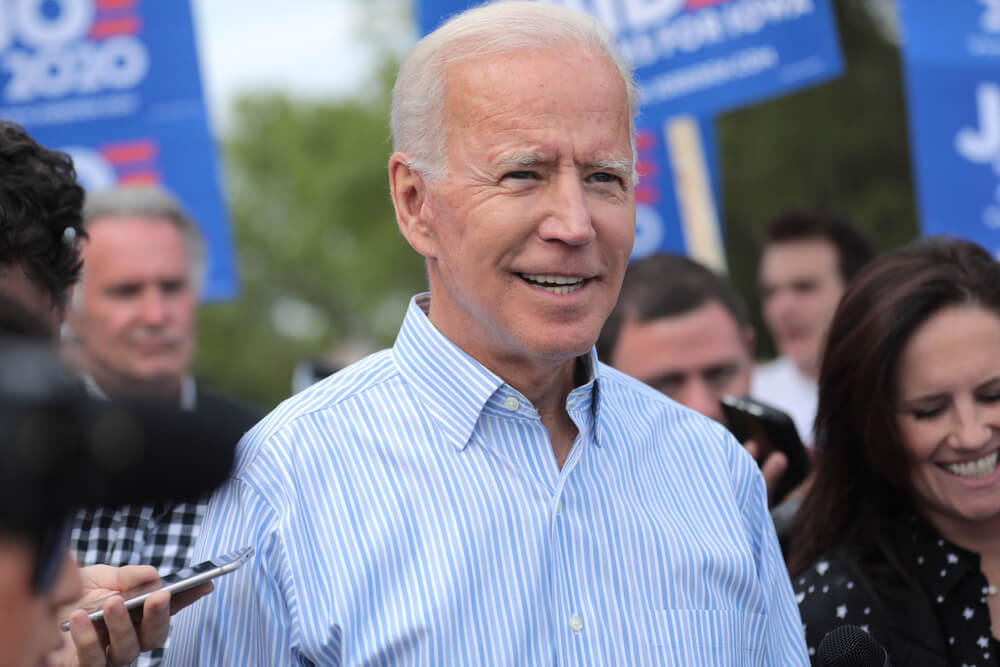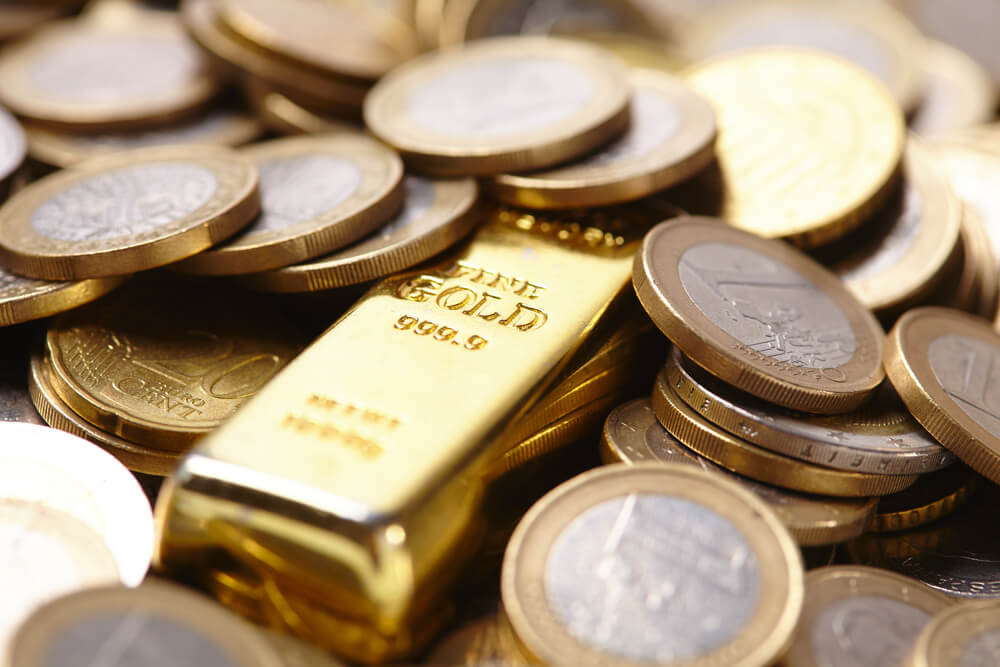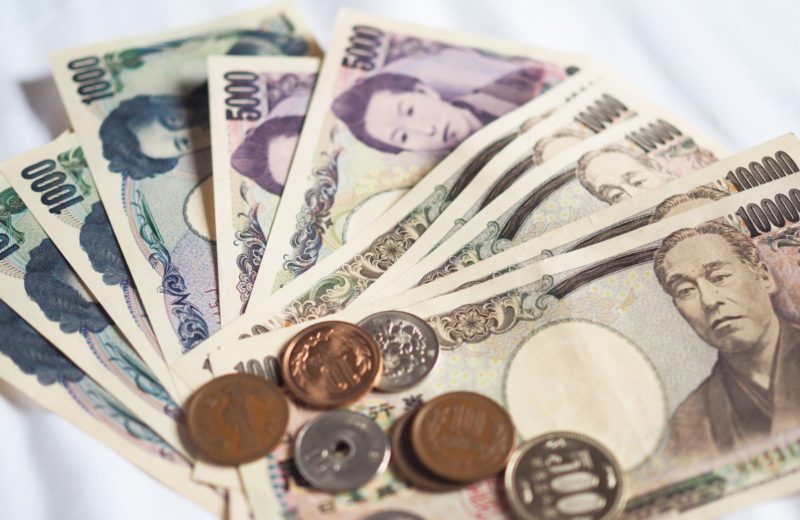Euros are down from the pedestal amid growing risk sentiment among investors.
This follows the optimistic news for the long-awaited Covid-19 vaccine that will seek regulatory approval by the end of the month.
Currently, the Phizer-BioNTech developed product is reported to be 90% effective in infection prevention.
Such gave investors a renewed confidence to buy risky assets, supported by the Biden win on the latest US presidential election.
The renewed hope for a more generous stimulus package failed to drive the common currency upward as the greenback remains steady.
Today is the scheduled release of the Eurozone and German ZEW economic sentiment indexes.
According to forecasts, both measures are in for a significant stall for the month as positive sentiments among businesses eroded.
With this, experts noted that the expected lukewarm report could drive euros further down. The old continent is currently battling the second wave of infections that still has no end in sight.
According to economists, a high possibility of a double-dip recession for the next quarter could take place.
Yesterday, the euro to dollar exchange rate traded at a 0.1% increase at $1.1892. The EUR/USD remains the most traded pair in today’s session.
Consequently, the euro to pound exchange also fell by 0.4%, playing around $0.899 in the entire session. The post-Brexit prospects gave significant support to the sterling.
Investors have become more confident in the looming agreement on the long-standing trade deal which should go under the review of European Union officials on or before November 15.
The markets in both blocs remain to trade cautiously as economies are expected to experience a pre-holiday slump amid renewed lockdowns.
How Other Currencies Fared Against the Dollar
Along with the volatile trading in Europe, the dollar index firmed at 92.31 points after a 0.2% increase, still below the 93.0 thresholds it held last week.
Among the day’s biggest gainers is the offshore yuan, taking its coveted seat in the lead.
The CNH hit a peak of 6.5501 against the dollar, later settling with a 0.3% increase to 6.5729.
The Japanese yen plunged by 1.6% after a painful pull to the 103.0 support level last week.
The country’s stock market shares move to a 30-year high along with the “Biden Bounce” provided support.
It rose by 2.6% market opening and closed at a 2.1% hike at session close. This is the highest level on record since 1991.
Across the pacific, the Aussie is up by 0.8% against the USD, hitting a seven-week high during the session.
















